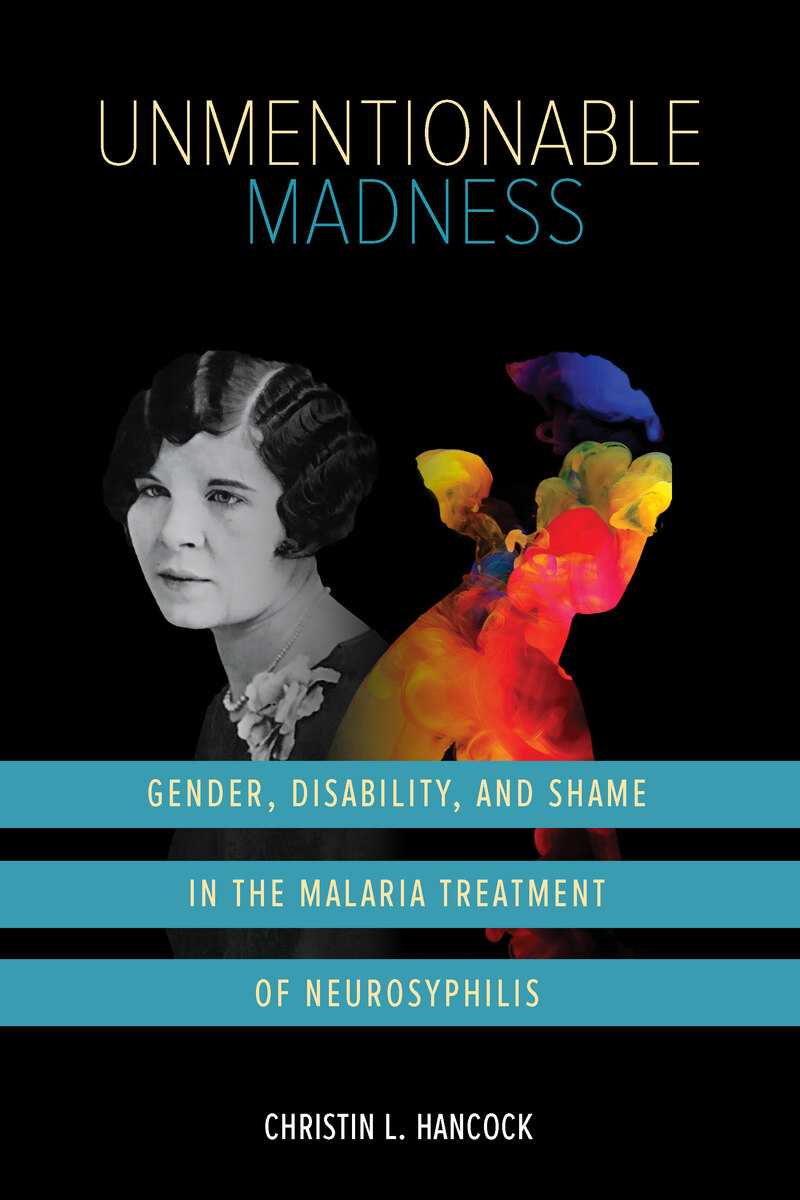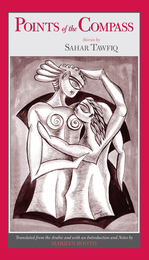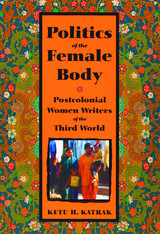Unmentionable Madness: Gender, Disability, and Shame in the Malaria Treatment of Neurosyphilis
University of Illinois Press, 2025
eISBN: 978-0-252-04740-4 | Paper: 978-0-252-08822-3 | Cloth: 978-0-252-04614-8
See other books on: Disability | Diseases & Conditions | Mental Health | Nervous System (incl. Brain) | Shame
See other titles from University of Illinois Press
eISBN: 978-0-252-04740-4 | Paper: 978-0-252-08822-3 | Cloth: 978-0-252-04614-8
ABOUT THIS BOOK | AUTHOR BIOGRAPHY | REVIEWS | TOC
ABOUT THIS BOOK
In 1930, neurosyphilis struck an unsuspecting Mabel Smith. Doctors at the Central State Hospital for the Insane in Indianapolis turned to malaria therapy--a radical treatment that relied on the belief that infection with malaria might save Smith’s life by attacking the bacterium that causes syphilis.
Christin L. Hancock looks through the lens of feminist disability to examine the popular but ethically suspect treatment and its consequences. As Hancock shows, the treatment’s purported success rate relied on the disabled minds and bodies of people incarcerated in mental hospitals. The backgrounds and identities of these patients reflected and perpetuated attitudes around poverty, gender, race, and disability while betraying authorities’ desire to protect the public from women and men perceived as abnormal, sexually tainted, and unworthy of community life.
Paying special attention to the patients’ voices and experiences, Unmentionable Madness offers a disability history that confronts the ethics of experimentation.
See other books on: Disability | Diseases & Conditions | Mental Health | Nervous System (incl. Brain) | Shame
See other titles from University of Illinois Press












